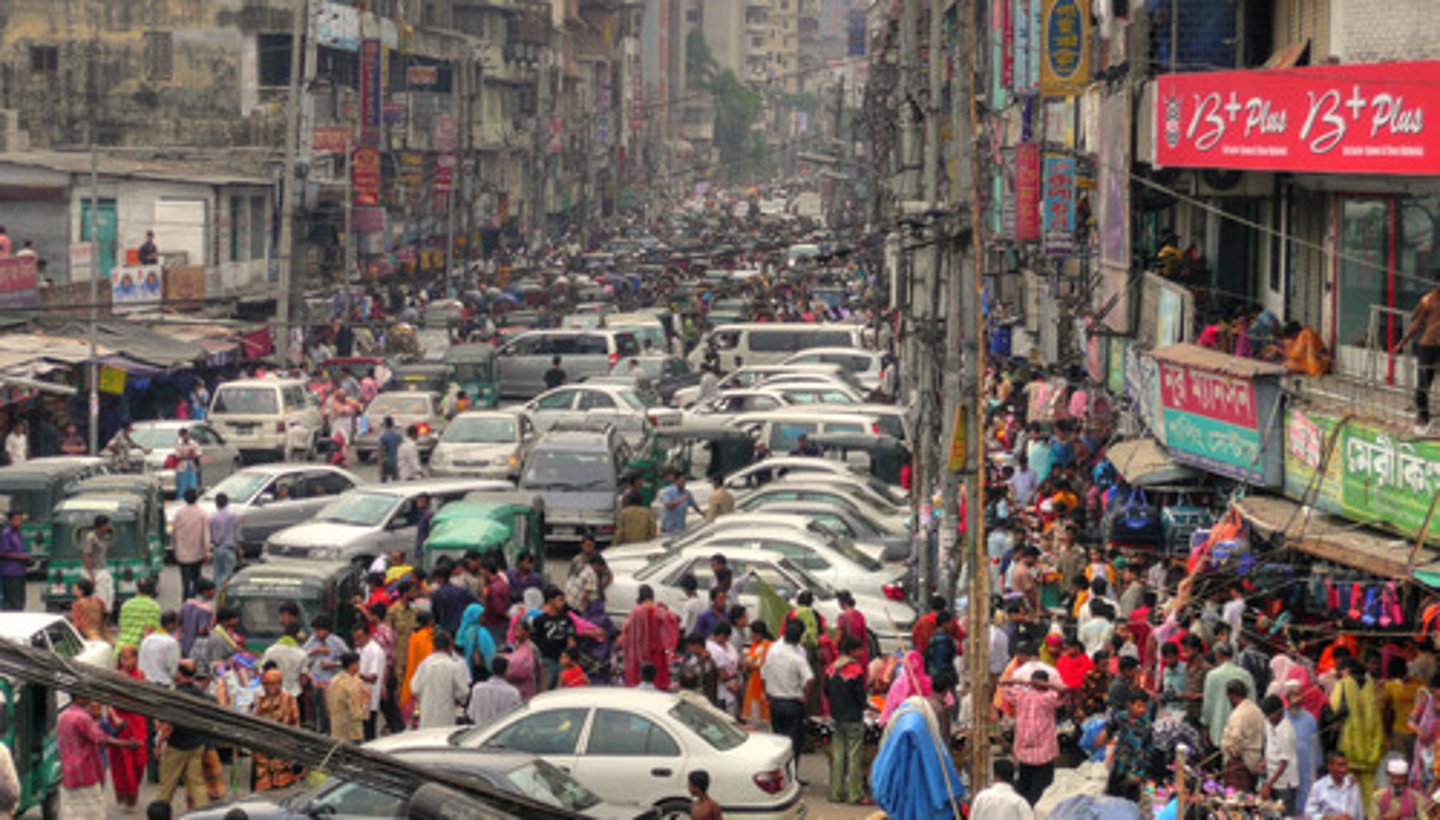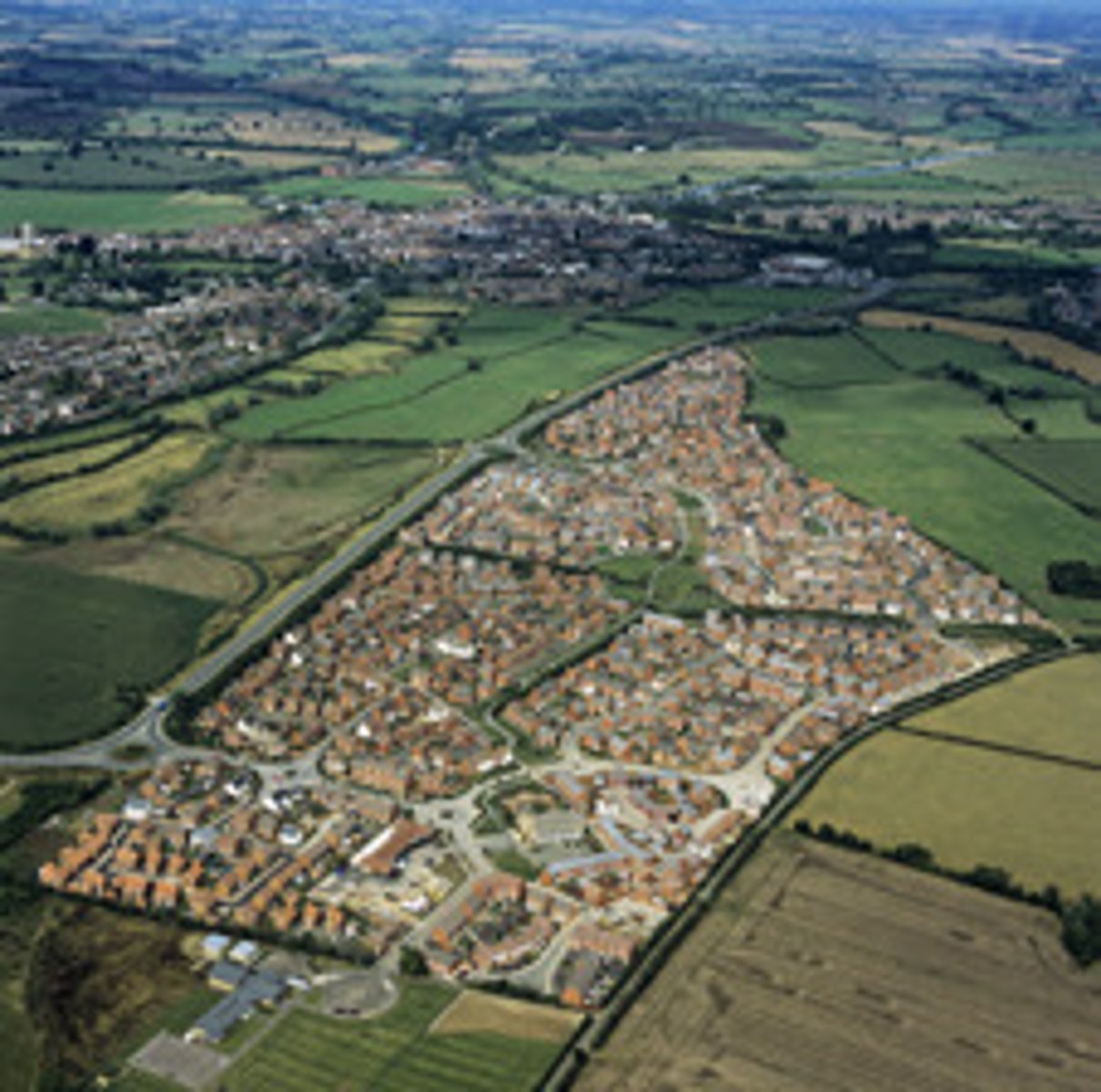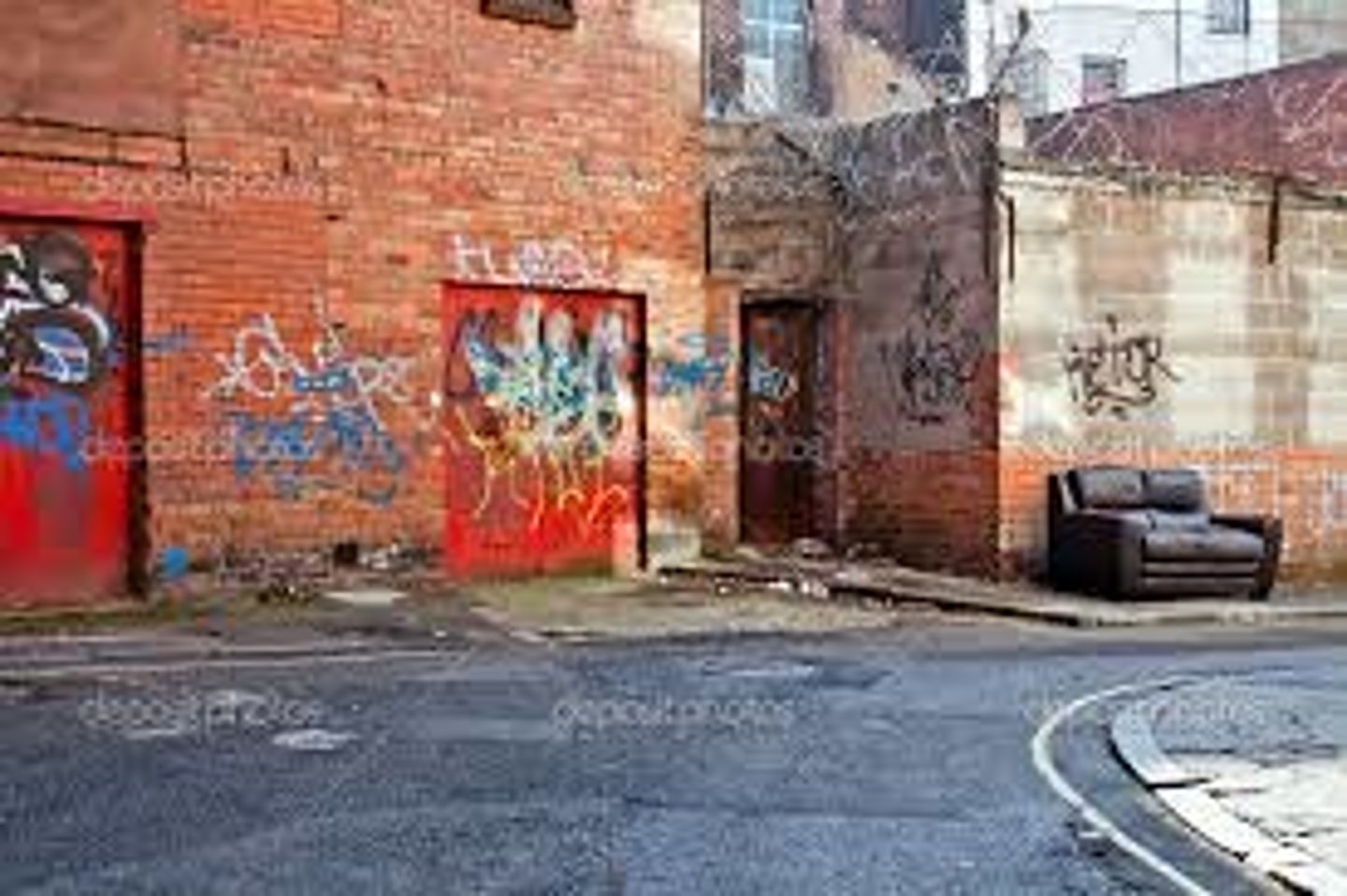Paper 2: Urban Environments (iGCSE Geo)
1/42
There's no tags or description
Looks like no tags are added yet.
Name | Mastery | Learn | Test | Matching | Spaced | Call with Kai |
|---|
No analytics yet
Send a link to your students to track their progress
43 Terms
Accessibility
The degree of ease with which it is possible to reach a certain location from other locations; the degree of ease with which it is possible for people to obtain goods and services, such as housing and healthcare.
Brownfield Site
disused and derelict land in an urban area that is available for redevelopment.

Congestion
Acute overcrowding caused by high densities of traffic, businesses and people.

Counterurbanisation
The movement of population and economic activity away from urban areas to new towns, estates or a commuter town or village in the suburbs of the city as well as to rural areas.
Deprivation
When people lack what the rest of society considers 'normal' suchas good housing, reasonable incomes or access to healthcare.
Environmental Quality
An assessment of the air, water, noise and visual pollution
Ethnic group
A group of people sharing the same characteristics of race, nationality, language or religion.
Greenfield site
A plot of natural land, often in a rural or on the fringe of an urban area
that has not yet been subject to any building development.

Inner city
The part of the built-up area and close to the CBD, often characterised by old housing, poor services and brownfield sites.

Landuse
What types of buildings / economic activities exist in an area such as residential, retail or industrial.
Land value
The market value of a piece of land; what businesses or
individuals are prepared to pay for it (or rent it).
Mega‐city
A city with a population exceeding 10 million.
Planner
A decision maker whose job it is to decide how to use land e.g.
where to build roads, or houses. Planners often decide to conserve areas such as Greenfield sites by not allowing development.
Poverty
A condition where people are lacking in resources such as income, food, housing, basic services (clean water and sewage disposal) and access to education and healthcare.
Rebranding
Regeneration that also tries to give an area a new image.
Rebranded areas often have names and logos e.g. MediaCityUK in Salford.
Retail complex
A purpose built area for shopping (and often leisure), such as an out of town shopping centre or retail park.
Self‐help (housing)
When people in shanty towns / squatter settlements gradually
improve their own housing and surroundings. Often they are helped by an NGO.
Shanty town
An area of slum with makeshift and unsanitary housing, often occupied by squatters (no legal right to occupy). The houses are built with salvaged material and the area is built on hazardous grounds that were neglected by development
Social deprivation
The degree to which an individual or an area is deprived of
services, decent housing, adequate income and local employment.
Socio‐economic group
A group of people distinguished by employment, income and
social characteristics such as education and family status.
Social segregation
The clustering together of people with similar characteristics (class, wealth, ethnicity) into separate residential areas
Squatter Community
Similar to shanty towns where people with no legal right to the area live
Suburbanisation
The spread of low density, often detached or semidetached, housing around the edges of a city or town.
Urbanisation
The process of an increasing proportion of the population living in urban areas
Urban Managers
People who make decisions that affect urban areas, these include people such as planners, politicians and developers
Urban regeneration
The redevelopment of formerly run-down urban areas, often in the inner city through improvements to the environment, housing and employment opportunities
Urban re-imaging
changing the image of an urban area and the way people view it, regeneration to more upmarket places
What is the Burgess model?
Shows how land use and environmental quality changes as you move out from the CBD.
Four rings.
1) CBD - High-value retail, restaurants
2) Inner city - terraced housing, lower environmental quality
3) Outer city/suburbs - More green space, environmental quality improves
4) Rural-urban fringe - Detached housing, open space.
Urban Dilution
The expansion of city into the surrounding countryside due to transport links
Conurbanisation
When cities grow and merge together
Agglomeration
The beginning of settlements, often in good locations, for example near river crossings or natural resources, which begin to expand
Natural increase
Birth rate higher than the death rate. Younger population in urban areas has natural higher increase
Commuting
The daily movement from home to work, frequently from dormitory settlements
Multiplier Effect
A cycle for city growth in which successful cities create jobs so more people move there so more services are needed so there are more jobs made and the cycle repeats
Squatter Settlement
Illegal residence on makeshift land, high density, springs up where there are no houses, poor conditions.
World/Global City
Centers of economic, culture, and political activity that are strongly interconnected and together control the global systems of finance and commerce.
Dormitory Settlement
one where many commuters 'sleep' overnight but travel to work elsewhere during the day.
Rural-urban fringe
A zone of transition between the built-up area and the countryside, where there is often competition for land use. It is a zone of mixed land uses, from out of town shopping centres and golf courses to farmland and motorways.
Green Belt
A ring of land maintained as parks, agriculture, or other types of open space to limit the sprawl of an urban area.
Site and Service schemes
Local authorities provide a site for new building and set up basic services, but the rest is down to the new residents
Sustainable
Development that meets the needs of the present without compromising the ability of future generations to meet their own needs.
Segregation
Living a part in clusters/groups, that share particular characteristics
marginal land
Land not wanted by the government, industry wealthy homeowners. It may be flood prone or too steep and therefore prone to landslides